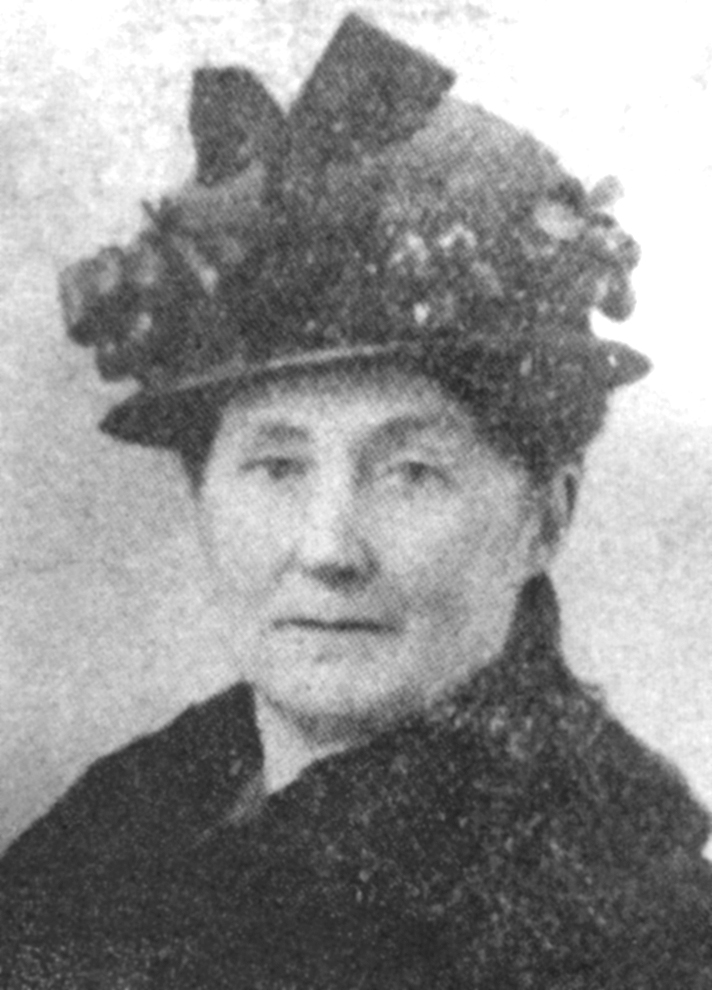By: Nick Travis
May Furlong was a veterans’ activist, a business owner and one of Newfoundland’s most influential women of her day. Despite all this, her name was largely forgotten
=====
Just in time for Memorial Day, The Herald caught up with author Susan Chalker Browne to discuss her new novel, Mother of the Regiment. We discussed the story of a long-forgotten, but important character in Newfoundland history — May Furlong, who is one of the pioneers of the Canadian tradition of wearing poppies in memory of those who served.
 Furlong was born on February 15, 1861 in Oderin, Placentia Bay. She was born to Patrick, a clerk at the Customs House, which at the time was a position of some importance, and Caroline Furlong.
Furlong was born on February 15, 1861 in Oderin, Placentia Bay. She was born to Patrick, a clerk at the Customs House, which at the time was a position of some importance, and Caroline Furlong.
“May showed a independent streak early on when she left the family home, went off to live on her own when she found employment,” said Browne.
After moving out, Furlong became a milliner. Although the name started out meaning hat-maker, at then time it came to mean one who deals in women’s clothing. She worked in the store of a Ellen Carberry until she was in her mid-30’s.
Patriotic sale
In 1916, Furlong decided to strike out on her own and open her own women’s clothing shop. At the same time, her attention had turned to the young men fighting overseas during the First World War. In support of the troops, she decided to hold a one-day-only patriotic sale in her store.
“She was gonna give the entire proceeds of the day to the Patriotic Fund of the Women’s Patriotic Association for the good of the young men of the regiment,” said Browne. “And it turned out to be an enormous success. (Furlong’s store) was open for about 16 hours.”
The success of this benefit sale inspired May Furlong, who closed her business in 1918.
She joined the precursor to the Legion – The Great War Veterans Association, serving oftentimes as the president of the Women’s Auxiliary. During he time with the Women’s Auxillary,
Furlong rarely rested. Her and the other women were always on the move, trying to think of ways to help the less fortunate veterans who had returned home.
“In that capacity she raised — and the women that she was working with her on that committee — raised thousands and thousands of dollars that went toward the good of the young men who came home, many of whom were damaged in body and in mind,” said Browne, “There were no social services at that time. Newfoundland as a country then was in financial desperation, there was no money for the veterans. So their care fell in large part to people like May Furlong, and she took it on as her life’s work.”
Armistice Day poppies
May Furlong was also one of the founders of a long-held Canadian tradition, according to Browne. 
“Every time you buy a poppy in November you can go right back to May Furlong as one of the prime engineers of that movement, and that has lasted to this day. That came about as a result of Padre Thomas Nangle, who was overseas, and the movement in England was to sell poppies for Armistice Day. He wrote back to the Great War Veterans Association here and said we should be doing this in Newfoundland. May and the women took it up.”
Furlong kept at her charitable work until old age and ill health forced her out of her position. In the course of her lifetime, May Furlong had an audience with the Pope, was presented to King George V, and was awarded the Order of the British Empire shortly before her death.
May Furlong died on January 1, 1938 in St. Clare’s Hospital. Shortly after her death, due to the lack of historical record, Furlong’s name and charitable work had fallen in to obscurity. Her name would go rather unnoticed until Browne happened upon her story.
“What was really sad is that she was such a force at the time that she lived — extremely well-known, highly influential, made a huge difference, but her story faded almost as soon as she died,” said Browne.
“And for decades her stories has been buried. I had never known who May Furlong was, never heard of the mother of the regiment, and it was only by chance that I happened to hear about her and then to decide, ‘Yes I think she would be perfect as one of the ladies I’d like to profile in this book.’”
Browne’s book “Mother of the Regiment” follows the stories of five women in Newfoundland and Labrador during the turn of the 20th century. These five women pushed boundaries and helped change life in Newfoundland and Labrador in their day. Her novel is available now wherever local books are sold.
